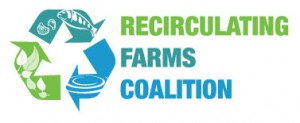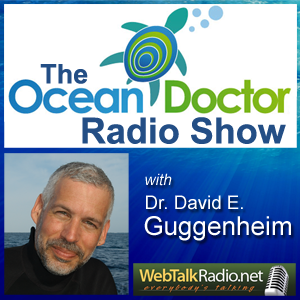Open-Ocean Aquaculture Would Harm the Gulf of Mexico
Statement of Recirculating Farms Coalition Executive Director, Marianne Cufone
 New Orleans, LA, February 8, 2013 – Today, the Gulf of Mexico Fishery Management Council – the body that advises the National Marine Fisheries Service on fish and fishing in the Gulf – voted to push forward regulations that would permit industrial fish farming in the Gulf of Mexico. The Council did so in violation of a number of procedural laws, as well as in direct conflict with the members’ oath of office to conserve and manage the marine resources of the Gulf of Mexico for the benefit of the nation. Open water fish farming is well documented to be highly problematic for both people and our planet. Read more
New Orleans, LA, February 8, 2013 – Today, the Gulf of Mexico Fishery Management Council – the body that advises the National Marine Fisheries Service on fish and fishing in the Gulf – voted to push forward regulations that would permit industrial fish farming in the Gulf of Mexico. The Council did so in violation of a number of procedural laws, as well as in direct conflict with the members’ oath of office to conserve and manage the marine resources of the Gulf of Mexico for the benefit of the nation. Open water fish farming is well documented to be highly problematic for both people and our planet. Read more


